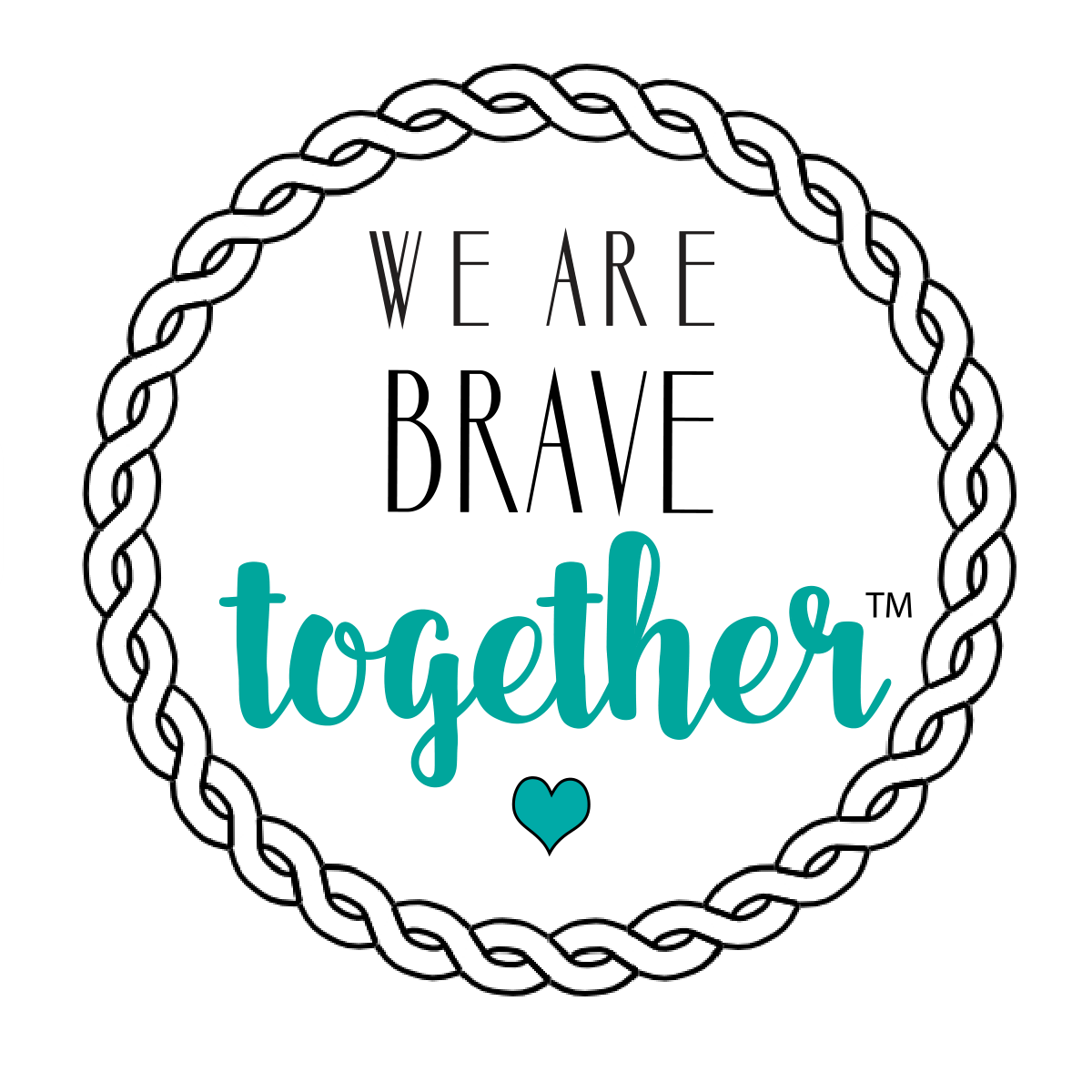Pretty On the Outside, But…10 Years Later
written by Jessica Patay
Don't judge us by our Christmas card. Again.
Now, we all look pretty perfect. Like the quintessential all-American family. Don't we? Then add in all my grown kids wearing matching Converse, to top off such uber cuteness. The only thing missing in the picture is our adorable, chocolate, labradoodle, Gracie, and our little, white-haired rescue mutt, Cooper. It's a great picture, if I do narcissistically-say-so-myself, as the mother in this lovely crew.
But…
You know the truth by now.
Instagram and Facebook are all full of families’ highlight reels and best-filtered versions of life and fun and memories. Photographs mean nothing. Yes, they can be admirable, pretty, make you smile, make you laugh, leave you in awe. Or they can make you feel envious, resentful, or bitter as you start to compare your crazy-chaotic life, the one without well-organized, well-orchestrated, (and well…uh…forced family photos!), to those pretty people on social channels everywhere.
It is a social-psychological phenomenon that we attach positive traits and positive characteristics to people who appear attractive or pleasant. It is coined the “Halo Effect.” With the advent of social media, our knee jerk reaction to fancy, fun photos and reels is to assume those families have easier, nicer, more privileged lives, free of crisis, hardship, or loss. People who have their shit together, have family dinners that are peaceful and humorous, with polite, kale-eating children, who can sit still and display manners and etiquette.
Record scratch!!!!!!
Every family experiences hardship in some way.
Every human experiences hardship in some way.
What I have learned again and again in my almost-54 years on this earth is that EVERYONE has something that makes their life uncomfortable. EVERYONE. Everyone suffers. It just may be invisible to you or to me.
You all know my story. I am an open book. I have been for many years now.
I am a child of divorce, one of ten siblings (full/half/step/Brady Bunch on steroids).
I lost my sweet mom when I was 34, after taking care of her off and on for ten years.
My 2nd son, Ryan, was diagnosed with Prader-Willi syndrome in 2003.
I lost my beloved mother-in-law in 2008, also to lung cancer, just four years after losing my mom.
I have twenty years of caregiving a son with a rare, complex disorder on my mom-resume, not to mention supporting my two other kids, diagnosed with ADHD in recent years.
I lost my one, “full blood” sister, Jennifer, a year ago. Unexpectedly. She was only 53. (She was older by eleven months, and yes, it’s a teeny bit confusing.)
It’s a lot. I have experienced years of hit after hit. We all have.
Coordinated clothes and outfits set in a picturesque backdrop does not make any of that disappear. I wish it did.
You may have family and friends that somehow seem to NOT suffer. And yet, they do.
It is just invisible.
Or well-hidden and tucked away.
If you research the latest stats on depression and anxiety in this country, you would be flattened with heartache. Furthermore, millions suffer from concealed addictions: sugar, food, alcohol, drugs, prescription drugs, shopping, gambling, screentime, exercise, acquisitions, and accomplishments.
In the disability and neurodiversity world, and in the medically complex community, it is easy to feel like OUR HARD is the hardest. I have felt that way at times, I admit, in Patay family seasons of high distress, crisis, and intensity. And yet, let us remember that their hard is their hard.
Everyone’s version of hard is hard. TO THEM.
Let us not fall into bitterness by comparing our hard to others’ hard. It only hurts our own soul and our relationships and zaps our energy. Energy that we need desperately for caregiving for the long haul.
I will continue to share my story and defy our idyllic family photos, so that you know that we live imperfectly-perfect lives. Lives that are messy and marvelous. Teeth-grinding and yet also, full of gifts and gratitude.
May we all share openly our stories, and know we are not alone. Let us be open and real, for it helps us forge deep and meaningful connections with others. Let us normalize that hardship is universal and normalize practicing compassion for others and for ourselves.
Let us stop misjudging pictures and posts and making assumptions about perfect families and marriages. For as they say in THEY magazine, “Everyone you meet is silently fighting a battle. Be kind.” No one lives a life magically untouched by suffering. No matter how pretty their pictures are.
Author’s Note: This piece was a re-written, updated piece from 10 years ago on my blog, Confetti & Confessions: Truth-telling in Motherhood. It was my most read post ever! Over 10,000 views!

